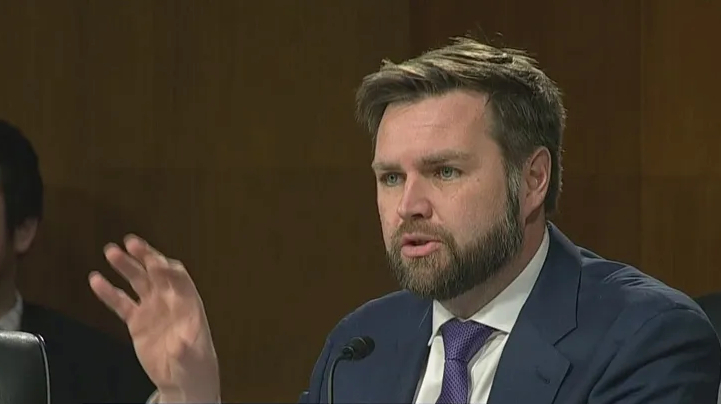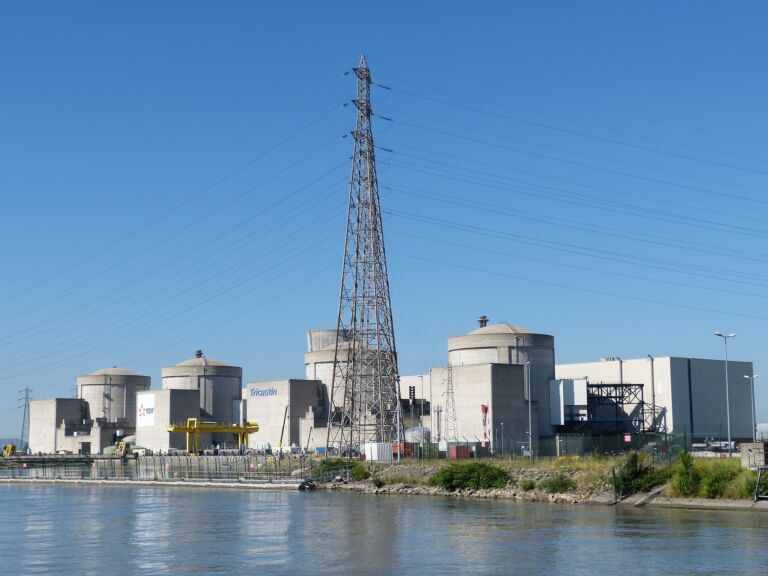Kevin Williamson of National Review Online wonders whether politics in the United States mirrors the French example.
A country without a Left may sound like a paradise to American conservatives, but it isn’t the paradise they had in mind.
Vive la France!
France’s 2017 presidential election was a preview of the one that took place over the weekend: Emmanuel Macron won, and Marine Le Pen claimed a moral victory owing to the fact that she didn’t lose as badly as she did the time before. The 2017 French election season was notable for another development: the collapse of the Socialist Party, which in France is the center-left party. In fact, the Socialists’ showing in the parliamentary elections that season was so poor — it went from having 280 out of 577 seats to just 29 — that it lost its state subsidies, meaning that the party would not be refunded for the cost of running its election, as is the French practice. The party was financially ruined: It warmed many a capitalist heart to see the strapped Socialists forced to sell their party headquarters, a splendid Left Bank mansion — these are French socialists we are talking about. …
… And so, as things stand, there appear to be two major blocs in French politics: The technocratic-progressive Macron bloc and the nationalist-populist Le Pen bloc.
Put another way, France just had its 2016: The far-left candidate was a significant but in the end minor factor (So long, Bernie!), the center-left element coalesced around a technocratic progressive-centrist (which is the position that the Clinton and Obama factions always have aspired to), the old center-right tendency was effectively absent, and the nationalist-populist element grew in stature by fusing a species of reconstituted social conservatism with big-spending welfare populism. Donald Trump won and Marine Le Pen lost, but the political vectors in play are remarkably similar in the two cases.


